In an exclusive interview with Euronews, José Manuel Durão Barroso recalls how EU leaders struggled to come up with a common response to Russia's invasion of Crimea and what Vladimir Putin told him in private.
The European Union has given up hope that Ukraine will ever succeed in recovering Crimea, the peninsula that Russia unlawfully seized in 2014, says José Manuel Durão Barroso, the former president of the European Commission, while underlining his support for the country.
Barroso was in office at the time the annexation happened and remembers how European Union leaders jostled behind the scenes to build a unified front against President Vladimir Putin's expansionism.
"In the back of our minds or the minds of the European governments was that Crimea is a special case. That's why today, honestly, nobody believes that Ukraine is going to get back Crimea. That's the reality," Barroso told Euronews in an exclusive interview.
The former Commission chief acknowledged his comments were "delicate" as they put him directly at odds with the long-standing position of Ukraine, which firmly advocates for the complete recovery of all Russian-occupied territories as of 1991 borders.
"We will force Russia to face reality, namely international law, the power of global solidarity, and the need to restore full justice for Ukraine, ultimately a lasting peace for our entire land," Ukrainian President Volodymyr Zelenskyy said in September while speaking at the Crimea Platform, a yearly summit devoted to the recovery of the Black Sea peninsula.
In a statement to Euronews, a spokesperson for the European Commission, currently led by Ursula von der Leyen, said "Crimea is Ukraine".
"This is a consistent position the EU member states agreed in all relevant European Council conclusions since 2014," the spokesperson said.
Throughout the interview, Barroso stressed he had "no doubts" about the bloc's duty to support Ukraine against Russia's full-scale invasion that began in February 2022, arguing the war has evolved into a "global conflict" due to the participation of North Korean troops and represents an "existential challenge" for the entire world.
"Whatever happens with our American friends, we should support Ukraine," he said, referring to the election of Donald Trump, which has stoked fears that Washington might soon cut off assistance and leave Europe to back Ukraine on its own.
"What is at stake in Ukraine is a fundamental issue for all the world. The so-called Global South are looking," he went on. "Are the Europeans, and the Americans as well, strong enough to defend their convictions or are they going to give up? This is very important."
'An extremely difficult situation'
In his interview with Euronews, recorded on Tuesday afternoon, Barroso recalled the diplomatic squabble to outline a common EU response to Russia's annexation of Crimea.
Back then, he said, there were three options on the table: declare war on Russia, impose sanctions, or settle for a statement of condemnation.
With "strong support" from Germany, France, and the United Kingdom, then a member state, the bloc opted for the second option – sanctions – but opposition quickly emerged to water down the plans, Barrososo said.
"The first one was in fact, [Hungarian Prime Minister] Viktor Orbán. Orbán said: 'I don't agree with sanctions because there will be counter-sanctions, it will be negative for us. But if there is a consensus, I will not oppose it,'" he recalled.
The Netherlands was "quite insular" in its views while Malta, Cyprus, Greece and Slovakia displayed "some level of ambiguity," he explained.
Making matters more complicated, member states could not agree on what sort of sanctions they wanted to apply. "That's why, at the end of the day, the sanction package was relatively minimalist compared to what happened afterward," Barroso said.
The penalties included an arms embargo, an import ban on Crimea-made goods, an export ban on sensitive technology and restrictions on Russia's state-owned banks, among other measures. Dozens of separatists in Eastern Ukraine were blacklisted.
In the aftermath of the full-scale invasion, the 2014 sanctions came under intense scrutiny for the limited scope and inability to curtail Moscow's military might.
"Governments were not ready to go further. That is the reality. The Commission (was) ready to go further, but governments were not ready to go further because of their own interests," Barroso admitted. "It was an extremely difficult situation."
'Putin doesn't want Ukraine to exist'
During his 10 years in office, Barroso met with Vladimir Putin 25 times, granting him privileged access to the Russian leader's obscure thinking.
According to Barroso, Putin "does not want Ukraine to exist". Alternatively, he envisions a "vassal state" like Belarus, without an independent foreign and defence policy.
"Putin does not want to come to the Russian people and say: 'OK, we have gained some more territory, a little bit of Donbas, a little bit of Crimea.' No. The goal of Putin was to avoid Ukraine (from being) a country. I know because I spoke with him about this," Barroso said, evoking his private conversations with the Russian leader.
"He said to me: 'Why are you defending Ukraine? You know very well that Ukraine is an artificial country created by the CIA and by the European Commission.' I told him: 'Look, if it was the European Commission who created Ukraine, I should be informed.'"
It is up to the EU to decide whether Putin should be allowed to fulfill his neo-imperialist vision or have his impulses contained, Barroso argued.
"Are we going to support Ukraine in a way that Ukraine can be a country or are we going to say: 'OK, Mr Putin, you are stronger, we are weak, you can take Ukraine. It's not so important for us.' That's the question," he went on.
Asked if he supports Ukraine's EU aspirations, Barroso said the bloc had never admitted a country that was still fighting a war, making it impossible for Brussels to commit to a date by which Kyiv could be ready to join.
In the meantime, "we should do everything to help Ukraine to become a member".

 5 months ago
40
5 months ago
40
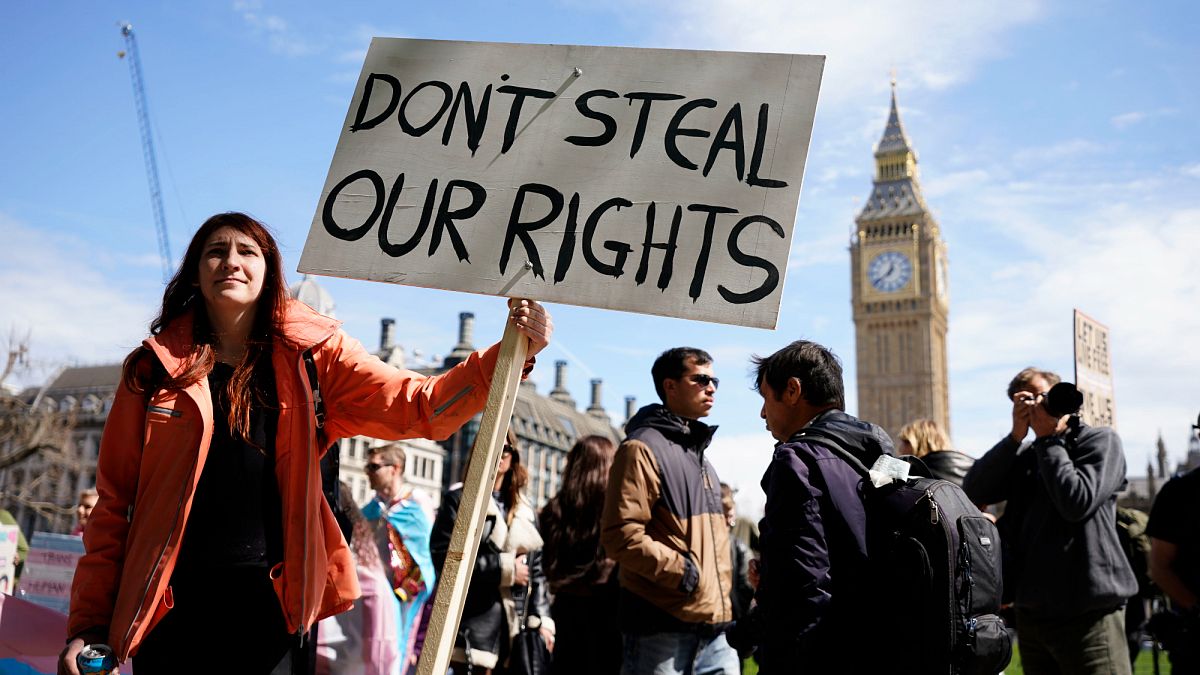
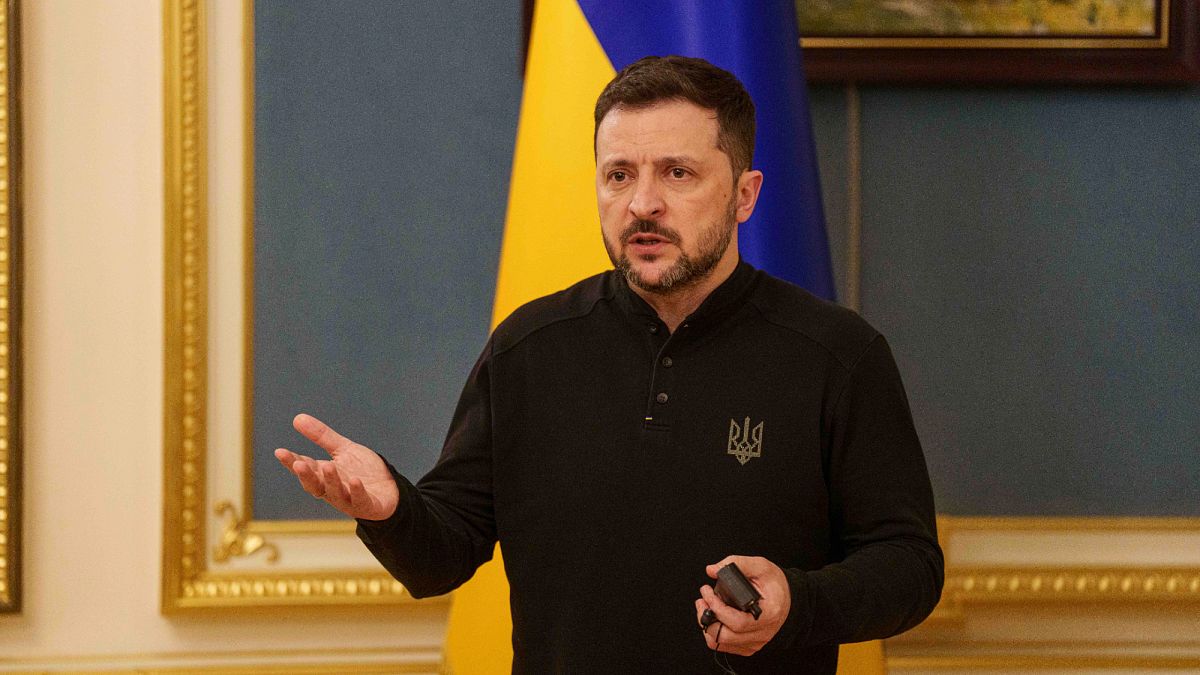
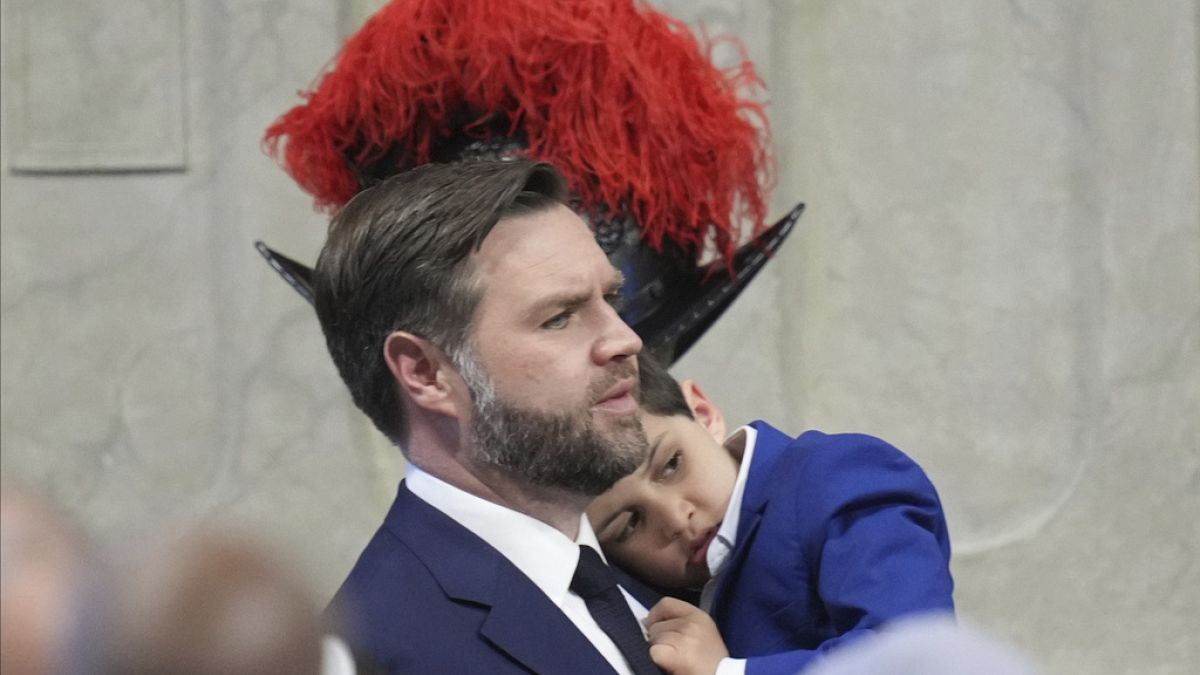
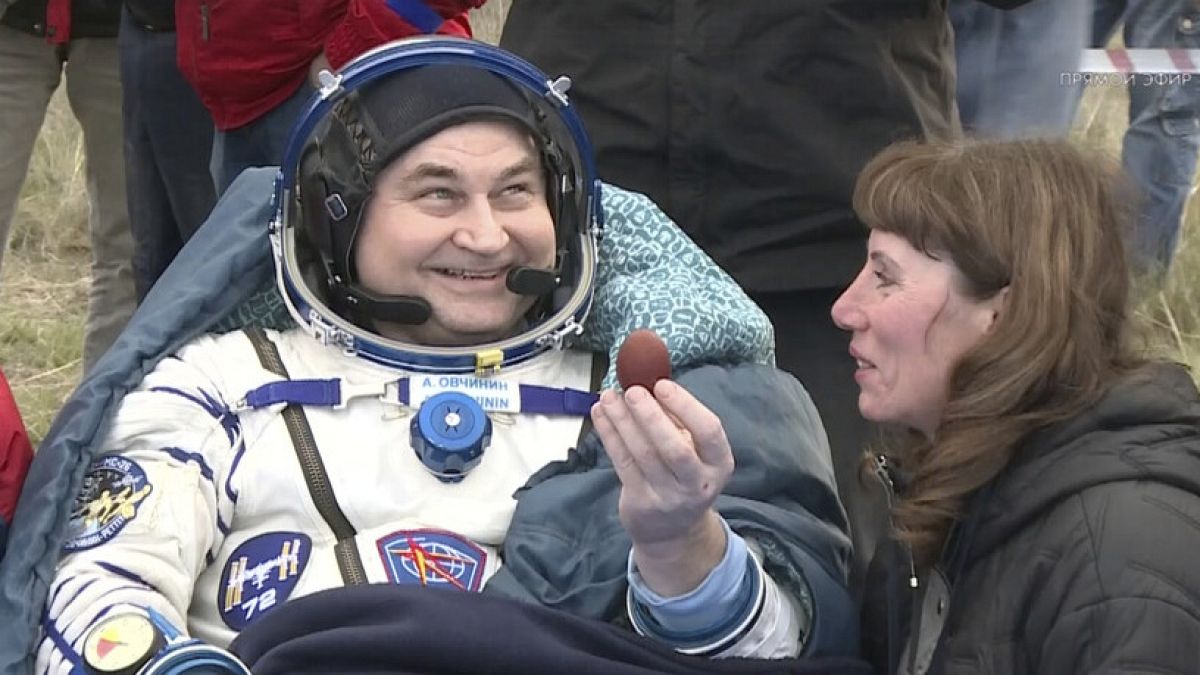
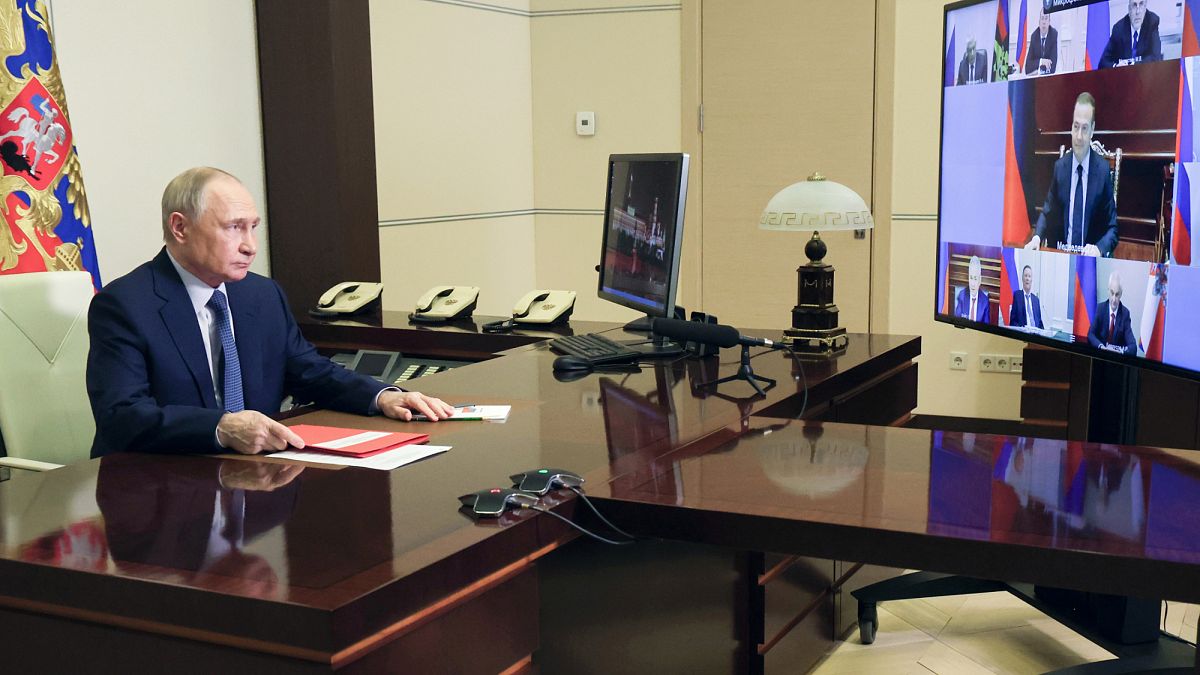
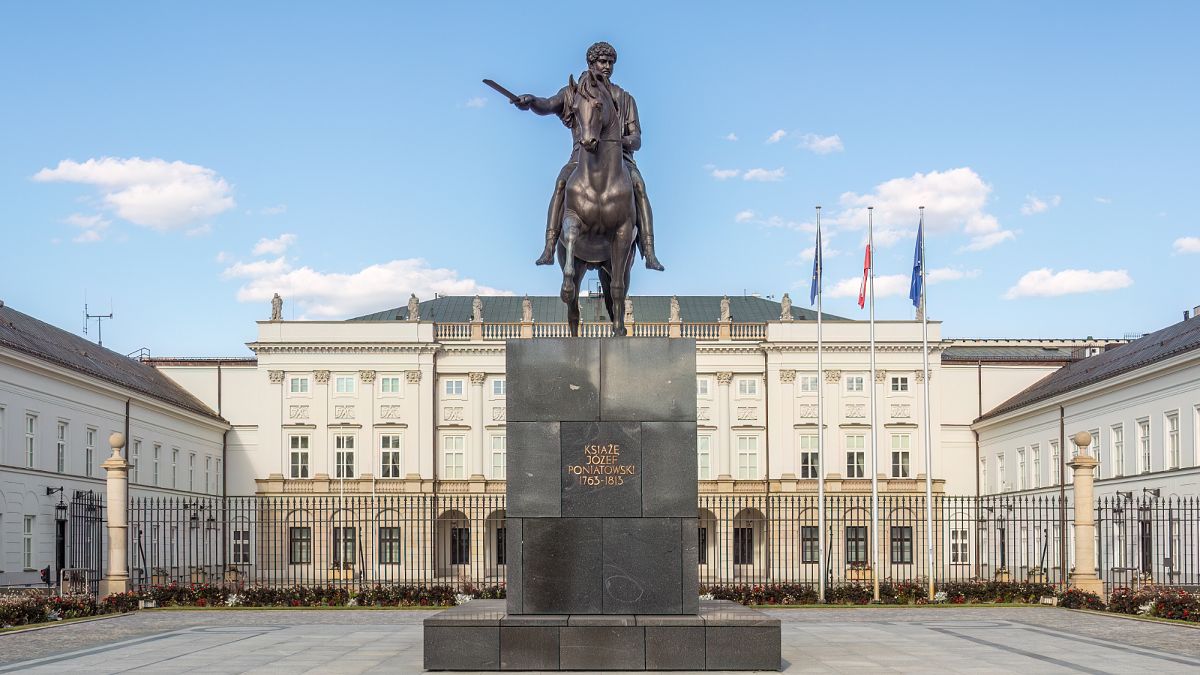
 We deliver critical software at unparalleled value and speed to help your business thrive
We deliver critical software at unparalleled value and speed to help your business thrive






 English (US) ·
English (US) ·